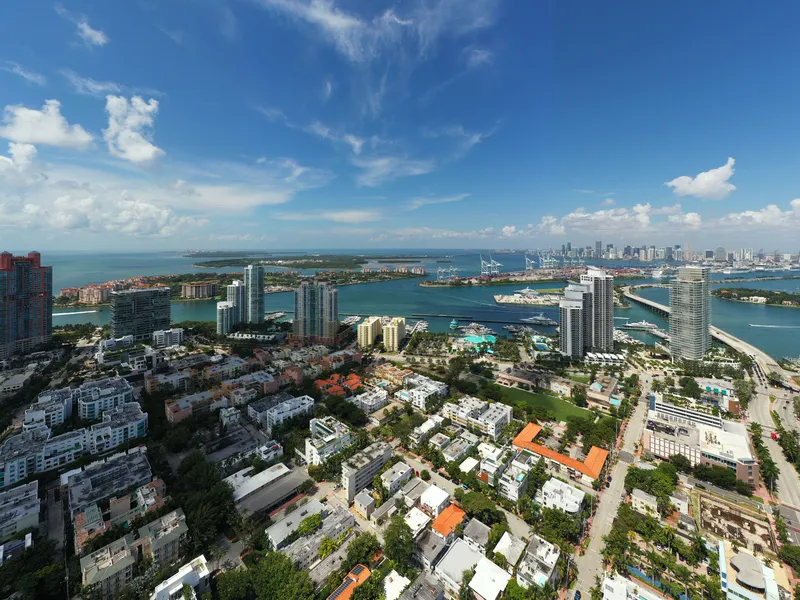Additionally, the company intends to offer a more affordable alternative than private car services between the capital’s zones one and two. It is now offering trips costing £3 ($2.14) for a limited period.
Through the app, users select their pick up and drop off location and confirm their ride. The technology directs passengers to a virtual bus stop to start or finish their journey with the intention of enabling quick and efficient shared trips without lengthy detours.
The service is powered by Via’s dynamic ride-pooling technology which is said to have provided more than 30 million shared rides globally in countries such as Australia to California. London is the second city to trial ViaVan following an initial deployment in Amsterdam last month, according to the company.
Luca Parducci, general manager of ViaVan London, said: "Londoners are amongst the savviest of consumers, always looking for the right mix of quality, cost, convenience, and social impact. Unlike competitors' pooling solutions, we're confident that ViaVan will be a huge hit - a comfortable and convenient way to get around that you can feel good about."
ViaVan deploy ride sharing service to reduce London congestion
ViaVan, the joint venture between Via and Mercedes-Benz Vans, has launched a ride-sharing service in London that aims to reduce congestion and emissions by grouping app-users travelling in the same direction into one vehicle. Additionally, the company intends to offer a more affordable alternative than private car services between the capital’s zones one and two. It is now offering trips costing £3 ($2.14) for a limited period. Through the app, users select their pick up and drop off location and
April 6, 2018
Read time: 2 mins










